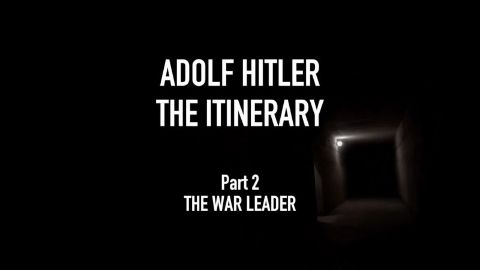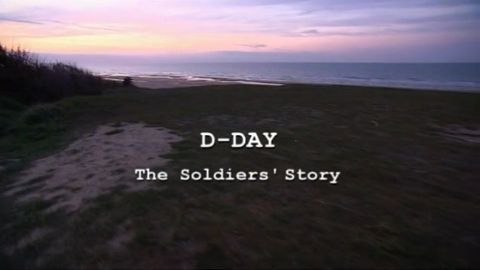Last Battles • 2020 • episode "S1E2" • Apocalypse: Hitler Takes on the West
France is in chaos. The French people take to the roads, trying to escape. The government signs an armistice as Germans take over half the country. May 1940. The French and the English retreat desperately. In Dunkirk, there are more than 300,000 troops waiting to be transhipped in hundreds of ships, which perform a heroic back and forth trips to England. Thousands of men perish at the sea, struck down by German bombs. Celebrated as heroes throughout Britain, the soldiers of Dunkirk were saved by the sacrifice of French soldiers. To take advantage of the booty, Mussolini's Italy attacked in turn in the Alps. Paris is emptying of millions of refugees who experience a desperate exodus on the roads, and the government surrender. The entry of two major figures does not change anything: on June 17 Petain was appointed head of state and calls for an end to the fight, when de Gaulle urges, on June 18, to resist. But the armistice was signed, in a ceremony desired by Hitler to reverse the humiliation of the Germans in 1918. Half occupied by the Germans, the other subject to the Vichy regime, France offered its coasts and airfields to the Germans who want to invade England. Will she be able to survive this Apocalypse better than France?
Make a donation
Buy a brother a hot coffee? Or a cold beer?
Hope you're finding these documentaries fascinating and eye-opening. It's just me, working hard behind the scenes to bring you this enriching content.
Running and maintaining a website like this takes time and resources. That's why I'm reaching out to you. If you appreciate what I do and would like to support my efforts, would you consider "buying me a coffee"?
Donation addresses
BTC: bc1q8ldskxh4x9qnddhcrgcun8rtvddeldm2a07r2v
ETH: 0x5CCAAA1afc5c5D814129d99277dDb5A979672116
With your donation through , you can show your appreciation and help me keep this project going. Every contribution, no matter how small, makes a significant impact. It goes directly towards covering server costs.







